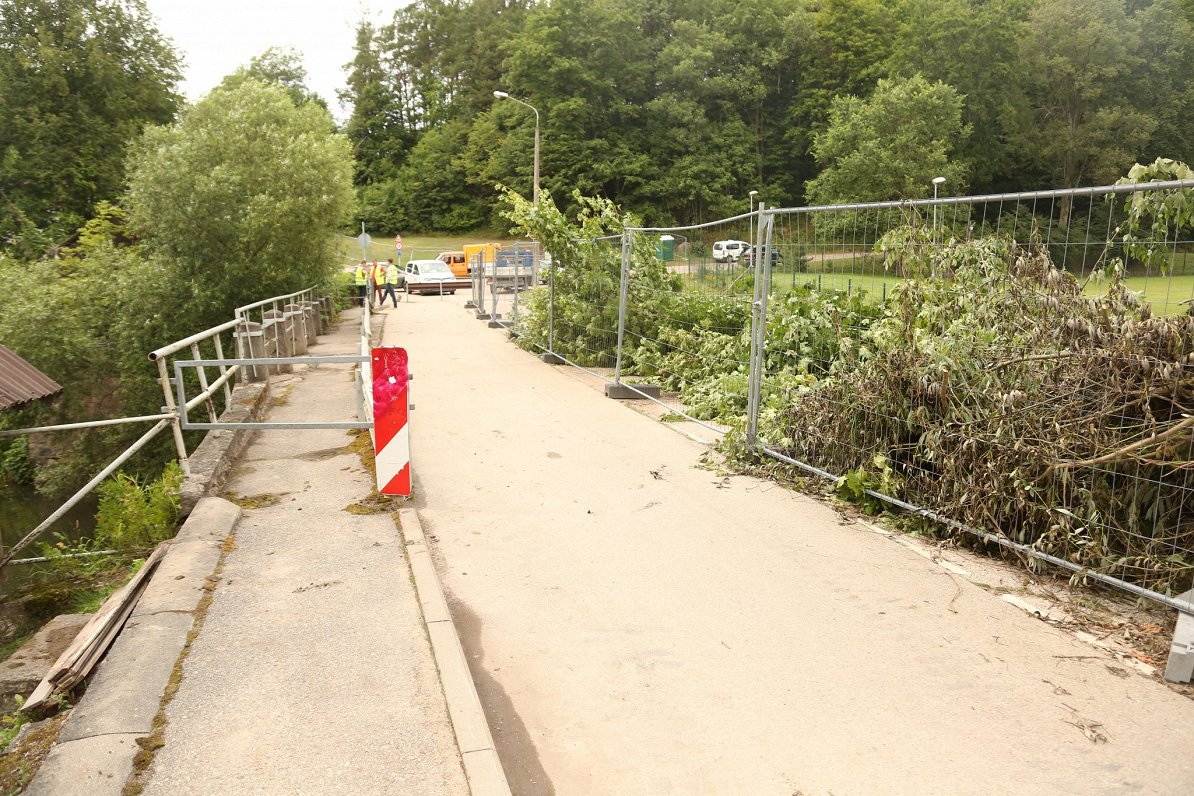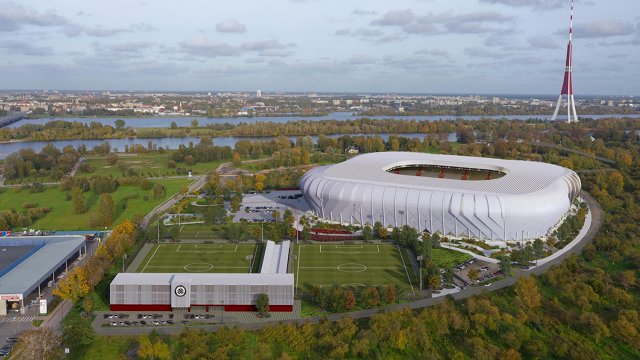On October 4, the Latvian Association of Local and Regional Governments (LPS) and the Ministry of Finance (FM) started negotiations on the local government budget for 2024. Even then, a number of problems and challenges were noticed that municipalities, especially those further away from Rīga, would have to face in the financial field.
Gints Kaminskis, chairman of the LPS, said: "This year we are seeing that at least 17 or maybe even more municipalities may experience problems with running out of funds to perform essential functions. For example, the remuneration of teachers in pre-school education institutions increases by 42%, the increase in the minimum wage, the interest on credit, in total EUR 30 million per year for local governments, the increase in the prices of services, without even mentioning inflation."
Next year's budget may be disastrous for both border municipalities – Krāslava and Augšdaugava, the Chairman of the Council of Augšdaugava municipality Arvīds Kucins (Daugavpils Municipal Party) found.
“For the municipality of Augšdaugava and also for the municipality of Krāslava, we have not only a sad situation, but a catastrophic situation, looking at next year's budget. This growth is so slim – only 1.1% against last year because expenditures for local government are also increasing,“ Kucins noted.
If, on average, the next year's budget increase is around 8.1% for local governments, in Rīga, it is as high as 15%, then it is 1.1% for Augšdaugava municipality, and only 0.5% for Krāslava municipality.
“Life actually stops in the municipality,” said Gunārs Upenieks (Latvian Farmers' Union), chairman of Krāslava municipality council.
“It's a catastrophic situation for the particular region. Above all, we are leaving all projects, all co-financing. We're not even talking about any building insulation today, we're crossing it all out. What investors can be talked about if people think about how to get out of here. It all looks bad. It's a stop to life,” Upenieks said.
In the case of Augšdaugava municipality, next year's revenue will amount to less than 23 million euros, which Kucins said will be nearly 260 thousand more than last year, however, this increase will make it harder for the municipality to perform autonomous functions. And it is difficult to find where else the belt could even be tightened, he said.
“I understand that the belt has to be tightened up for everyone,[..] but at what expense? I don't even know. We don't have much left in the parish administrations. The biggest quantities are pure technical people, pupil transport, tractor drivers, then parish manager, librarian clerk [..]. You can optimize parish managers as such, and minimize, but parishes as a territorial unit remain. You can't do anything about it,” Kucins said.
Moreover, the municipality of Augšdaugava faces new challenges, increased financial burden, and new additional functions.
Kucins explained: “Speaking only of increasing pay for those with a salary of up to €700 will take around 660 thousand, for pre-school educators a salary increase of 290 thousand. Setting up municipal police by law to buy equipment and cars needs without 450 grand a year. Further deinstitutionalization project, money will end next year, 500 thousand there, social assistance will need about 250 thousand in addition and credit interest will also be added at 300 thousand. It's very sad now.”
It would take at least EUR 2.7 million next year to cover all this. At least half that amount would be enough to make ends meet, as calculated in the municipality.
In Krāslava municipality next year, said Upenieks, there is a shortage of EUR 2 million.
The topic of solving the problem is on the agenda of negotiations with the FM, LPS said.
“One option is to find a solution through a special grant to these local authorities and ensure that residents are not hurt. Because it's not for the municipality, it's for the area, it's for the residents who get a service in the area. We are in the middle of a negotiating cycle right now,” Kaminskis told Latvian Radio.
The next LPS and FM talks are planned next week – October 18, but on October 20 it is planned to see the agreement and dispute protocol on the 2024 budget.



























